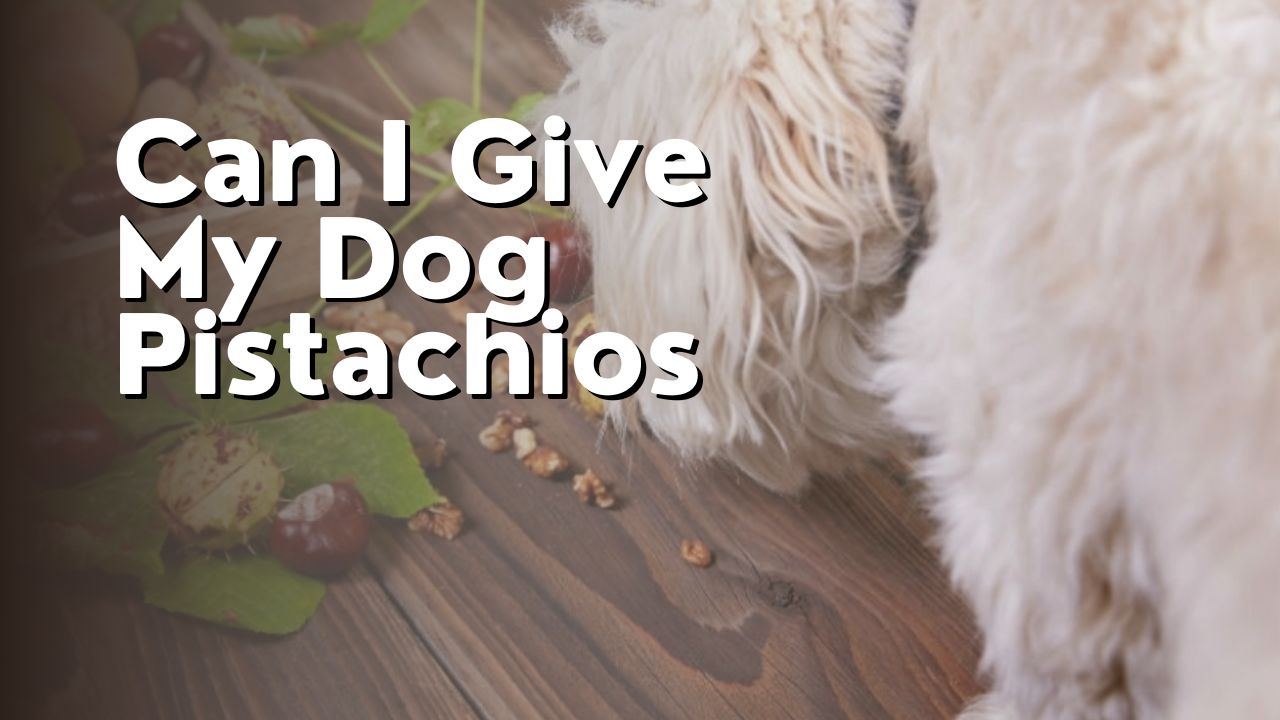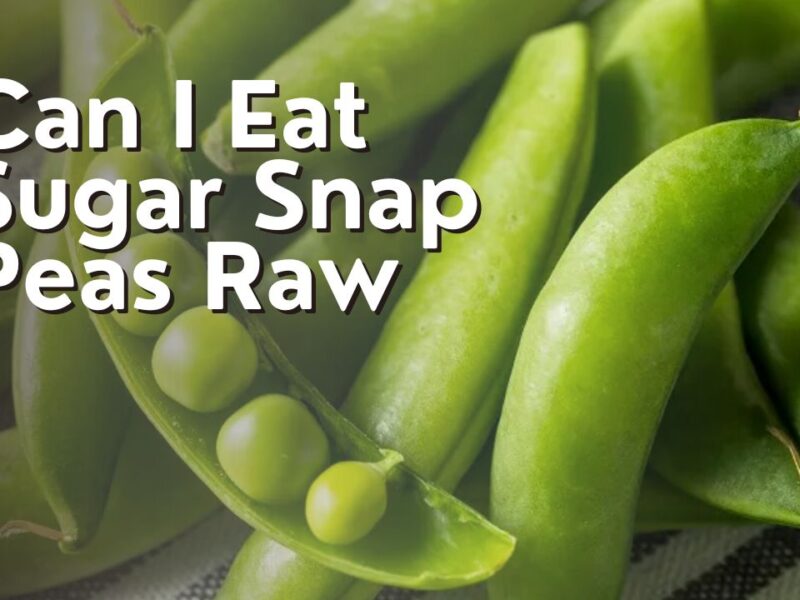Can I give my dog pistachios? It’s a question that many dog owners have asked themselves. As a pet owner, I understand the desire to share our favorite snacks with our furry friends. However, when it comes to pistachios, it’s important to consider the potential risks and adverse effects they may have on dogs.
In this article, we will explore the nutritional value of pistachios for dogs and provide guidelines for safely feeding them this tasty treat. Additionally, we will discuss alternative healthy snacks that you can offer to your canine companion.
It’s important to remember that every dog is unique, so it’s always best to consult with a veterinarian for individualized advice. So, let’s dive in and find out if pistachios are a safe and healthy option for our four-legged friends.
Potential Risks and Adverse Effects of Pistachios on Dogs
You should avoid giving your dog pistachios as they can pose potential risks and adverse effects on their health. While pistachios may be a tasty and nutritious snack for humans, they are not suitable for dogs.
One of the main concerns is the high-fat content in pistachios, which can lead to digestive issues and even pancreatitis in dogs. Pancreatitis is a serious condition that causes inflammation of the pancreas and can be life-threatening.
In addition to the high-fat content, pistachios also contain a substance called aflatoxin. Aflatoxin is a naturally occurring toxin that can be found in certain nuts, including pistachios. It can be harmful to dogs and may lead to liver damage or even liver failure if consumed in large amounts.
Furthermore, pistachios can present a choking hazard for dogs, especially if they are not properly shelled. The hard shells can cause blockages in the digestive system, which may require surgery to remove.
If you suspect that your dog has ingested pistachios or any other food that may be harmful, it is important to contact your veterinarian immediately. They can provide guidance and recommend appropriate treatment if necessary.
In conclusion, it is best to err on the side of caution and avoid giving your dog pistachios. There are plenty of other safe and healthy treats available for your furry friend.

Nutritional Value of Pistachios for Dogs
Indulging your canine companion with pistachios can provide them with a source of essential nutrients. Pistachios are packed with vitamins and minerals that can contribute to your dog’s overall health. These nuts are rich in vitamin B6, which aids in brain development and function. Additionally, pistachios contain thiamine, a vitamin that is essential for energy production and the proper functioning of the nervous system.
Pistachios also offer a good amount of dietary fiber, which can promote healthy digestion in dogs. Fiber helps regulate bowel movements and can prevent constipation. Moreover, these nuts are a great source of antioxidants, which can help boost your dog’s immune system and protect against oxidative stress.
However, it is important to keep in mind that while pistachios can be beneficial for dogs when given in moderation, they should only be given as an occasional treat. Too many pistachios can lead to an upset stomach or even pancreatitis in dogs. Additionally, it is crucial to ensure that the pistachios are unsalted and shelled, as salted or shell fragments can cause harm to your furry friend.
Always consult with your veterinarian before introducing any new food into your dog’s diet, including pistachios. They can provide personalized advice based on your dog’s specific needs and help you determine the appropriate portion size for your furry friend.
Guidelines for Safely Feeding Pistachios to Dogs
When it comes to treating your furry friend, it’s essential to follow these guidelines for safely including pistachios in their diet. While pistachios can be a tasty and nutritious snack for humans, they should only be given to dogs in moderation. Too many pistachios can lead to stomach upset, diarrhea, or even pancreatitis in dogs.
To ensure your dog’s safety, it’s important to follow these guidelines:
- Consult your veterinarian: Before introducing any new food into your dog’s diet, it’s always a good idea to consult with your vet. They can provide personalized advice based on your dog’s specific needs and health conditions.
- Shell removal: Make sure to remove the shells from the pistachios before giving them to your dog. The shells can pose a choking hazard and are difficult for dogs to digest.
- Portion control: Pistachios are high in fat and calories, so it’s important to give them to your dog in moderation. A few pistachios as an occasional treat is sufficient.
- Watch for allergies: Like humans, dogs can have allergies too. Monitor your dog for any signs of allergies or adverse reactions after eating pistachios, such as itching, vomiting, or difficulty breathing.
Remember, while pistachios can be a tasty snack for humans, it’s important to exercise caution and moderation when feeding them to your furry friend.
Alternative Healthy Snacks for Dogs
Looking for other healthy snacks? Try offering your pup some crunchy carrots or sweet apple slices instead of pistachios. These alternatives are not only delicious but also packed with nutrients that can benefit your dog’s overall health.
Carrots are a great option because they are low in calories and high in fiber, making them a perfect snack for dogs who need to watch their weight. They are also rich in vitamins A and K, which promote healthy vision and support bone health. Plus, the crunchy texture can help clean your dog’s teeth and freshen their breath.
Sweet apple slices are another tasty and nutritious snack for dogs. They are a great source of vitamin C, which can boost your pup’s immune system. Apples also contain dietary fiber, which aids in digestion and helps maintain a healthy weight. Just be sure to remove the core and seeds before giving them to your dog, as these can be choking hazards.
Remember, when introducing new snacks to your dog’s diet, it’s important to do so in moderation and monitor for any adverse reactions. Always consult with your veterinarian before making any significant changes to your dog’s diet.
So, next time you’re looking for a healthy treat for your pup, consider reaching for some crunchy carrots or sweet apple slices. Your furry friend will thank you!

Consult with a Veterinarian for Individualized Advice
If you’re unsure about the best snacks for your furry friend, it’s always a good idea to consult with a veterinarian for personalized advice. They can provide you with expert guidance on what foods are safe and healthy for your dog.
While there are many alternative healthy snacks for dogs, it’s important to remember that not all options may be suitable for every pup. The specific needs and dietary restrictions of your dog should be taken into consideration.
Here are five items to consider when consulting with a veterinarian:
- Age: Depending on their age, dogs may have different nutritional needs. A veterinarian can help determine the best snacks for your dog’s specific life stage.
- Health Conditions: Dogs with certain health conditions, such as allergies or sensitivities, may require specialized snacks. A veterinarian can recommend snacks that won’t aggravate their condition.
- Size: The size of your dog can also play a role in determining suitable snacks. Larger dogs may require heartier snacks, while smaller dogs may need smaller, bite-sized options.
- Activity Level: Active dogs may benefit from snacks that provide extra energy, while less active dogs may need snacks that are lower in calories.
- Personal Preferences: Just like humans, dogs have their own preferences. A veterinarian can help you find snacks that your dog will enjoy and that are also good for them.
By consulting with a veterinarian, you can ensure that you are providing your dog with the best snacks for their individual needs.
Frequently Asked Questions
Are pistachios safe for dogs with certain medical conditions?
Yes, pistachios can be safe for dogs with certain medical conditions. However, it’s important to consult with your veterinarian before introducing them to your dog’s diet to ensure it won’t cause any adverse effects.
Can dogs eat pistachios in any form, such as roasted or salted?
Dogs should not eat pistachios in any form, including roasted or salted. They can be a choking hazard and may cause stomach upset or pancreatitis. It’s best to avoid giving pistachios to dogs.
How many pistachios can I safely give my dog as a treat?
As a dog owner, it’s important to remember that pistachios should only be given to dogs in moderation. A safe treat would be one or two unsalted and shelled pistachios, but consult your vet to be sure.
Are there any specific breeds that should not be given pistachios?
There are no specific breeds that should not be given pistachios. However, it is important to remember that moderation is key when giving any kind of treat to your dog.
Can puppies eat pistachios or should they wait until they are older?
Puppies should not eat pistachios, regardless of age. They pose a choking hazard, and the high-fat content can lead to digestive issues. It’s best to stick to a balanced diet recommended by a veterinarian.
Conclusion
In conclusion, it’s best to avoid giving pistachios to dogs due to the potential risks and adverse effects they may have.
While pistachios do contain some nutritional value, there are safer and healthier snack options available for our furry friends.
It is always important to consult with a veterinarian for individualized advice on what foods are safe and appropriate for our dogs. Their expertise will ensure that we are making the best choices for our pet’s health and well-being.


